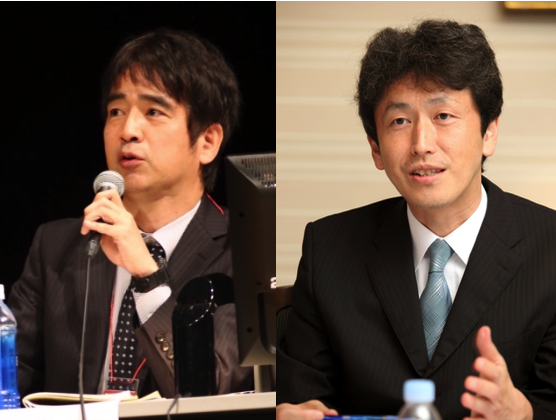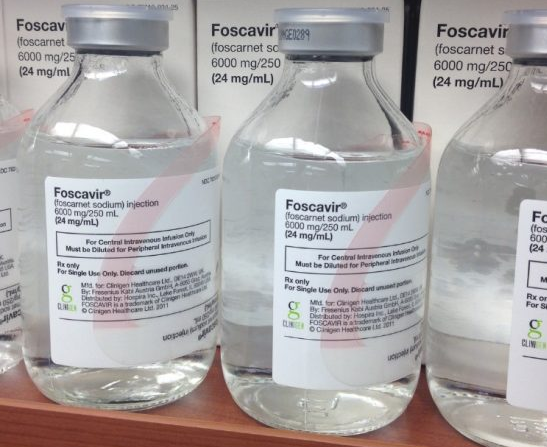Although foscarnet is widely used for HHV-6 encephalitis, it has never been specifically approved for HHV-6. Japan’s Ministry of Health, Labor and Welfare was the first to approve foscarnet (Foscavir) for the treatment of HHV-6 encephalitis.
In a Japanese nationwaide retrospective study in 2017, investigators, led by M Ogata of the Oita University Hospital and T Fukuda of the National Cancer Center in Japan, reported that HHV-6 encephalitis has occurred in 5% of cord blood transplant patients, and has resulted in a high level of death and permanent disability, with 57% of 121 patients suffering neurological sequelae (Ogata 2017).
The study reported that foscarnet showed the excellent response rate against patients with HHV-6 encephalitis, and use of foscarnet was associated with improved outcome for patients who developed HHV-6 encephalitis (Ogata 2017). As a result, the Japan Society of Hematopoietic Cell Transplantation has recently recommended a foscarnet for the treatment of encephalitis.
Japan has led the way for foscarnet treatment. They were also the first to license the drug for use in stem cell transplantation in 2011. Clinigen, a UK based drug company, submitted the drug through the approval process in Japan.

Masao Ogata, Oita University Hospital, Oita (left), and Takahiro Fukuda, National Cancer Center Hospital, Tokyo (right). They led the clinical study that resulted in approval of foscarnet for HHV-6 encephalitis is Japan.
“We are pleased to have this drug approved for HHV-6 which has been an alarming problem for cord blood transplant patients in Japan” said Masao Ogata, MD, who led the study.
Foscarnet side effects include renal toxicity and electrolyte disturbances, but unlike ganciclovir/valganciclovir, there is a low level of bone marrow suppression. Cidofovir is not an option for HHV6 encephalitis because there is no evidence that it can penetrate to the brain. Although the EC50 of cidofovir is lower, foscarnet has the highest “selectivity index” or efficacy in vitro for HHV-6 (De Clercq 2001).
The drug was originally approved by the FDA in 1991 for AIDS related CMV retinitis.
In the US, the two compounds in the pipeline for approval for HHV-6 include Viralym-M, a cytotoxic T cell therapy in Phase II trials, and IV brincidofovir, a prodrug of cidofovir, which is in the early stage of development by Chimerix for protection against multiple DNA viruses.

